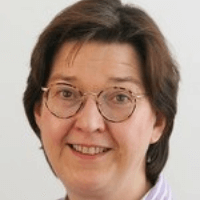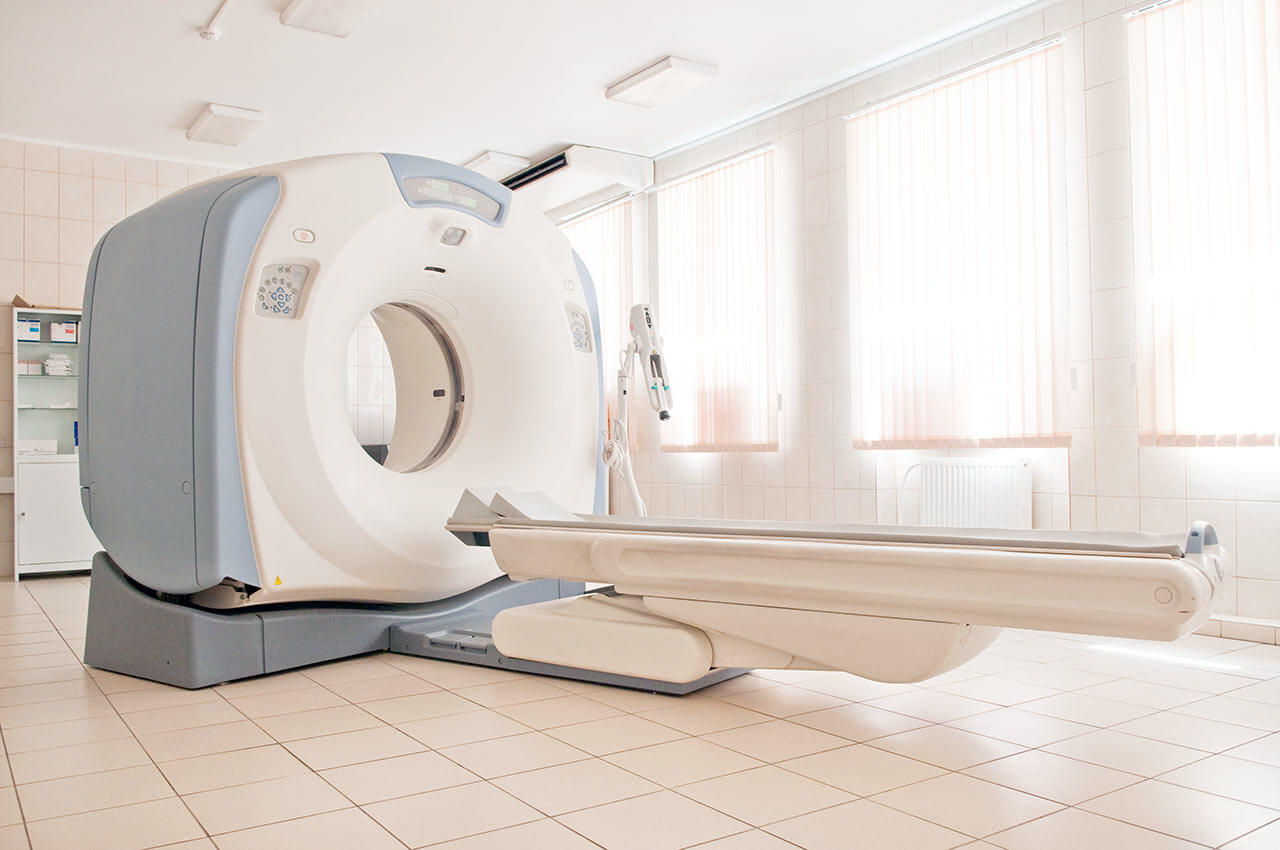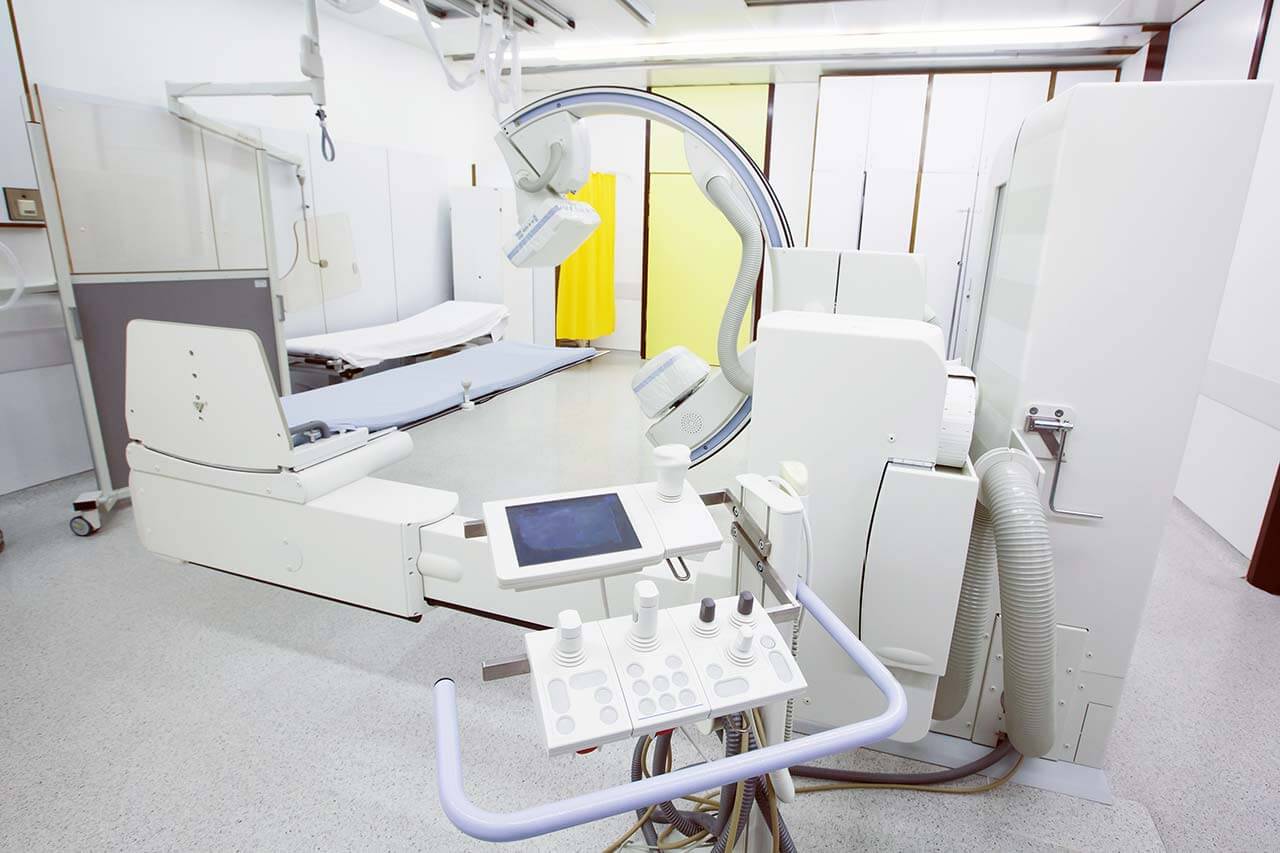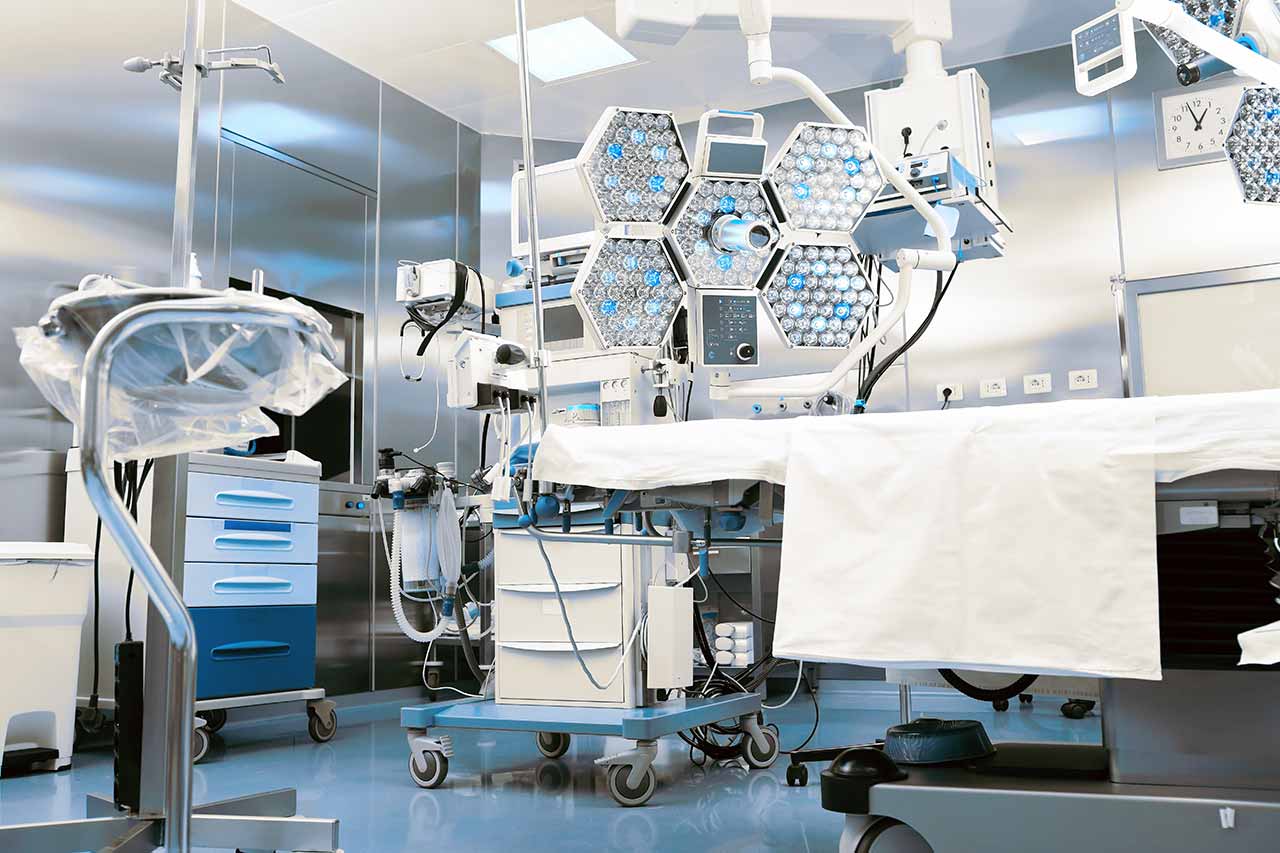
The program includes:
- Initial presentation in the clinic
- clinical history taking
- physical examination
- review of medical records
- laboratory tests:
- complete blood count
- general urine analysis
- biochemical analysis of blood
- TSH-basal, fT3, fT4
- tumor markers
- indicators of inflammation (CRP, ESR)
- indicators blood coagulation
- ultrasound
- CT/MRI scan
- preoperative care
- micrographic surgical treatment of melanoma
- histologically and immunohistochemically
examination of the remote tissues - symptomatic treatment
- control examinations
- the cost of essential medicines and materials
- nursing services
- full hospital accommodation
- explanation of future recommendations
Required documents
- Medical records
- Biopsy results (if available)
Service
You may also book:
 BookingHealth Price from:
BookingHealth Price from:
About the department
The Department of Adult and Pediatric Dermatology, Venereology at the University Hospital Freiburg offers the full range of services in these fields of medicine. The main clinical focuses of the department include the diagnostics and treatment of diseases of the skin, mucous membranes, superficial venous systems, as well as sexually transmitted diseases. For these purposes, the department has in its arsenal a variety of modern diagnostic and therapeutic methods that provide optimal results. The department is headed by Prof. Dr. med. Dr. h.c. Leena Bruckner-Tuderman.
The treatment is provided on an inpatient basis (two stations), within a day clinic and on an outpatient basis. In addition, the department offers high-quality intensive care and specialized care for patients in severe clinical condition.
Special attention should be paid to the Center of Excellence "Fragile Skin" (Kompetenzzentrum Fragile Haut), which deals with the treatment of patients with problem skin, such as skin blisters, impaired wound healing, etc. The concept of the center is based on the implementation of scientific research in clinical practice. The high qualifications of doctors and nursing staff, modern molecular diagnostics, innovative therapy, interdisciplinary cooperation in combination with international scientific achievements and clinical trials guarantee a professional solution to all skin problems.
Also, one of the main focuses of the department is the treatment of benign and malignant skin tumors within the framework of the certified Skin Cancer Center, which is part of the department (certified by the German Cancer Society). Cooperation with other departments and centers of the hospital, as well as with external partners allows providing interdisciplinary medical care. If desired, patients can participate in clinical trials.
The service range of the department includes:
- Diagnostics and treatment of complex skin pathologies
- Epidermolysis bullosa
- Impaired wound healing
- Prevention, diagnostics and treatment of benign and malignant skin neoplasms (melanoma, basal cell carcinoma, squamous cell carcinoma and rare skin tumors (lymphoma, sarcoma)) within the specialized center
- Diagnostics: dermatoscopy, histopathology, ultrasound of the skin and lymph nodes, imaging techniques (classical X-ray, CT, MRI, PET-CT, scintigraphy)
- Therapy: surgical treatment, reconstructive interventions after skin tumor removal, phototherapy, laser therapy, photodynamic therapy, immunotherapy, chemotherapy, targeted therapy, radiation therapy
- Social and psycho-oncology support
- Self-help groups
- Clinical trials
- Aftercare (follow-up examinations necessary for the monitor of treatment results and relapse prevention)
- Diagnostics and treatment of psoriasis
- Diagnostics and treatment of autoimmune skin diseases
- Diagnostics and treatment of allergic diseases
- Diagnostics and treatment of pediatric skin diseases, as well as consultations on pediatric dermatology
- Diagnostics and treatment of venous diseases (for example, varicose veins)
- Diagnostics and treatment of sexually transmitted diseases
- Dermatologic cosmetic procedures (for example, acne treatment)
- Professional skin cleansing
- Other diagnostic and therapeutic options
Curriculum vitae
Prof. Dr. med. Dr. h.c. Leena Bruckner-Tuderman studied medicine in Oulu, Finland, and after an experimental dissertation in molecular medicine, continued her postdoctoral work in biochemistry in Piscataway, New Jersey, USA, and in structural biology in Basel, Switzerland. She specializes in dermatology and qualified for her state doctorate (habilitation) at University of Zurich, Switzerland (1988). From 1990 to 1994 she was a Score Fellow of the Swiss National Science Foundation. Thereafter she became a Heisenberg Fellow of the German Research Foundation (DFG) and moved to the Muenster University, Germany, where she became Professor of Dermatology and Venereology. During this period in Muenster she was also a Visiting Professor at the University of Hong Kong and at the Harvard Medical School, Boston.
In 2002, she received a call as a Professor and Head of the Department of Dermatology and Venereology at the University of Freiburg, which she accepted in 2003. Since 2007, she is a Fellow and a Deputy Director of the School of Life Sciences (LIFENET) of the newly founded institute (Freiburg Institute for Advanced Studies).
She has been and continues to be a Board Member of numerous national and international foundations, programmes and committees such as, DEBRA, ADF, ESDR, SID, DDG, EU, Gordon Research Conferences, etc. She is a Member of the Editorial Board for Journals in Dermatology and Venereology, as well as a Scientific Advisor to the German Research Foundation (DFG) and the Federal Ministry for Education and Research (BMBF).
Bruckner-Tuderman has been distinguished by many awards, both nationally and internationally. In 1992 she was awarded the Swiss Prof. Dr. Max Cloetta Research Award followed in the next year by the Friedrich Götz Foundation Research Award of the Zurich University, Switzerland. She held the Maria Duran Lecture at the International Society of Dermatology in 2007 and the Rudi Cormane Lecture of the European Society of Dermatological Research in 2008. In 2009 Leena Bruckner-Tuderman received the Eva Luise Köhler Research Award (the prize awarded to scientists with a record of exceptional research on rare diseases (€50,000), she was awarded in the presence of the Federal President Horst Köhler). She is a Member of the German Academy of Sciences Leopoldina. She serves as a Corresponding Member of the Finnish, Swedish and Swiss Dermatology Societies and an Honorary Member of the Hungarian Dermatological Society.
Photo of the doctor: (с) Universitätsklinikum Freiburg
About hospital
The University Hospital Freiburg is famous for its rich history and is one of the oldest and most prestigious medical facilities in Germany (one of the three best medical institutions in the country). The hospital was based on the Faculty of Medicine of the Albert Ludwig University of Freiburg, which celebrated its 550th anniversary in 2007. It should be noted that the hospital is proud of its world-renowned specialists, many of whom during their work here have become Nobel laureates.
The medical facility represents all fields of modern medicine. It consists of 42 departments, 11 institutes and 10 interdisciplinary centers. The highly qualified doctors of the hospital deal with the treatment and rehabilitation of patients with both common and rare diseases. All departments and institutes of the hospital take an active part in fundamental researches of international scale, due to which patients have access to the very latest achievements of medicine, advanced diagnostic methods, state-of-the-art medical equipment and proven effective methods of therapy.
The hospital has a variety of medical achievements, for example, the world's first TIPS procedure, the first implantation of the Jarvik-2000 artificial heart in Europe, the first robotic-assisted surgery on the brain, and the first combined cardiopulmonary transplantation in the land of Baden-Württemberg. In 2004, the University Hospital Freiburg became the first German hospital, which performed kidney transplantation in the incompatibility of blood groups. At the moment, the hospital belongs to medical centers with the greatest experience in performing such an operation.
An interdisciplinary approach to treatment, highly qualified staff, as well as individual patient care and a pleasant environment are key to the hospital’s success.
Photo: (c) depositphotos
Accommodation in hospital
Patients rooms
The patients of the hospital are provided with comfortable rooms with a pleasant design, which create a conducive atmosphere for recovery. The standard furnishing of the patient room includes a telephone, a free radio and TV, a device for calling medical staff, lockers and a safe, an adjustable bed, a chair and a table. The pediatric departments are designed with play areas. The patient may be accommodated in a single or double enhanced-comfort room (for example, with an ensuite bathroom) at an additional cost.
Meals and Menus
The patients are offered good three meals a day with a large selection of dishes. The patients inform about their wishes to the menu in advance, and this information is transmitted to the kitchen. Throughout the day, patients may drink mineral water and tea, which can be found in the department on special tables. The bedridden patients receive drinks from the nursing staff. Other drinks may be purchased at the hospital’s cafeterias and bistro, where patients can come along with visitors.
If you do not eat some products due to intolerance or other personal reasons, please notify the nursing staff in advance, so that all your wishes to be taken into account when preparing the menu.
Further details
Standard rooms include:
Television
All patient rooms have a free radio and TV. The patients can also watch the hospital’s own 24-hour channel with a varied program and interesting information.
Accompanying person
At the availability of free beds, the accompanying person may be accommodated in the same room with the patient, at an additional cost. In addition, the hospital offers special accommodation conditions for patients requiring long-term hospitalization. Parents have at their disposal special apartments in the children's hospital.





